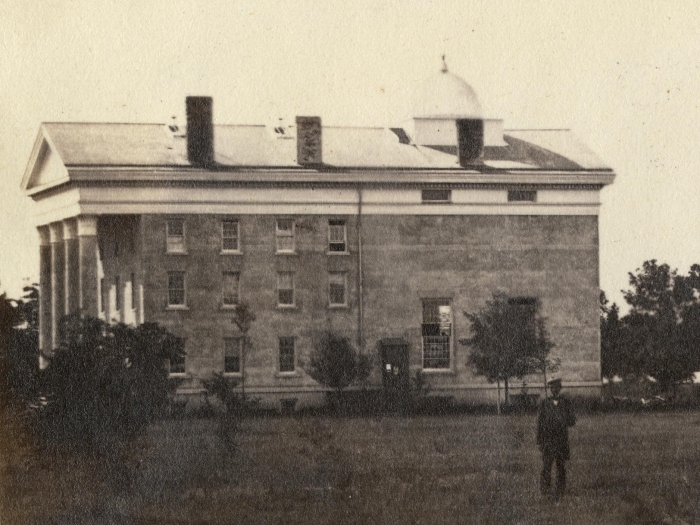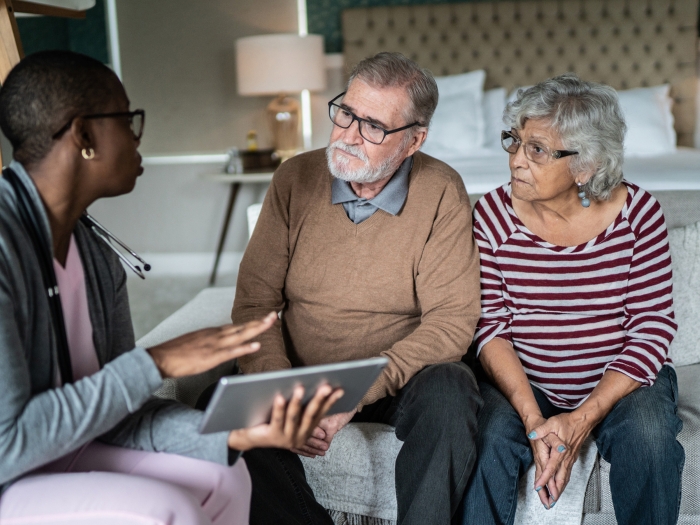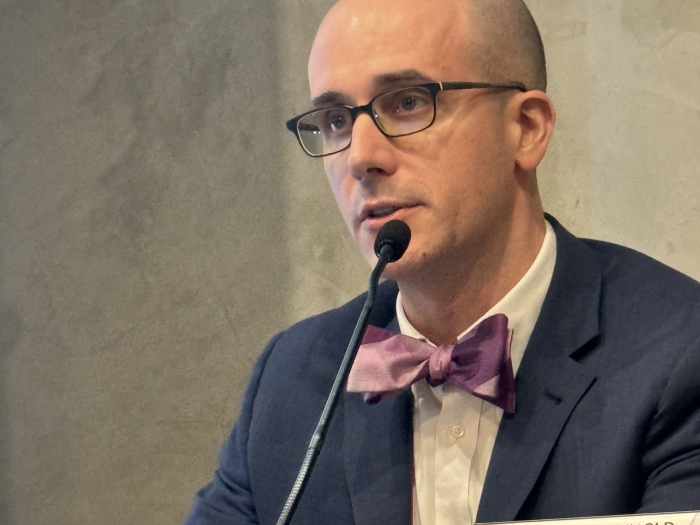
Advancing Knowledge
Providing unmatched and enriching educational experiences for the development of all levels of learners.
Education is at the heart of everything we do. Since 1848, the Department of Internal Medicine has led the vision and mission of the U-M Medical School. Our legacy of learners, residents and fellows spans generations and connects us with hospitals and institutions around the world.
In today’s ever-changing healthcare system, a career in medicine demands not only a wide breadth of knowledge and a host of special skills, but the passion and compassion that accompany the highest quality of patient care, education and research. Learn more about how we help each of our learners reach their full professional potential with the educational programs below.
Every Friday throughout the academic year, the Department of Internal Medicine hosts weekly Grand Rounds to share the latest advances in internal medicine.
Enhance your knowledge, skills and practice with regular opportunities to learn from our expert faculty members. Innovative, unbiased and evidence-based medical education activities are available in-person or virtual via live webinar and on-demand courses.




